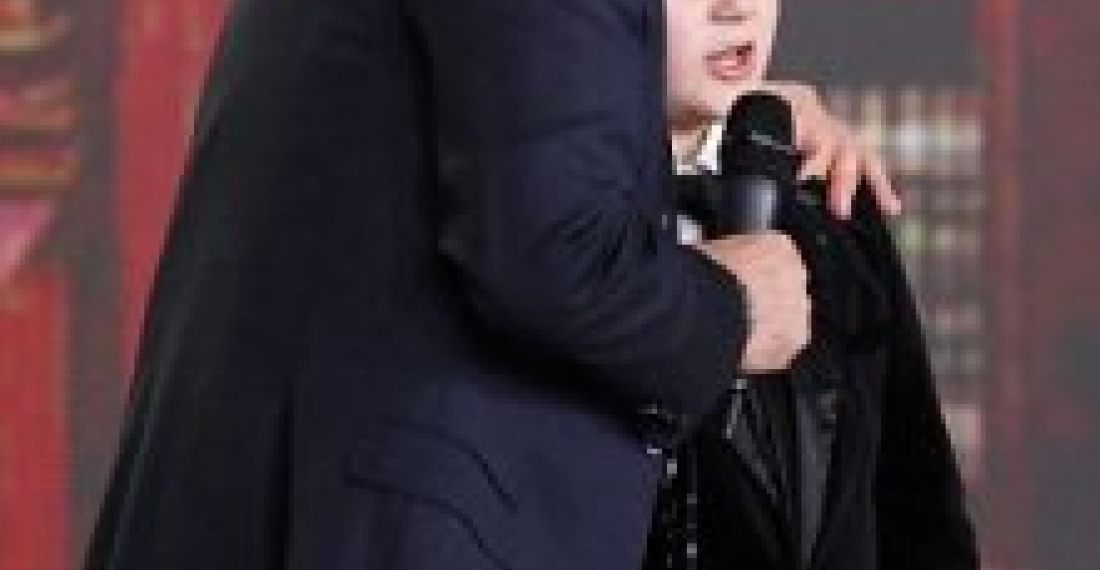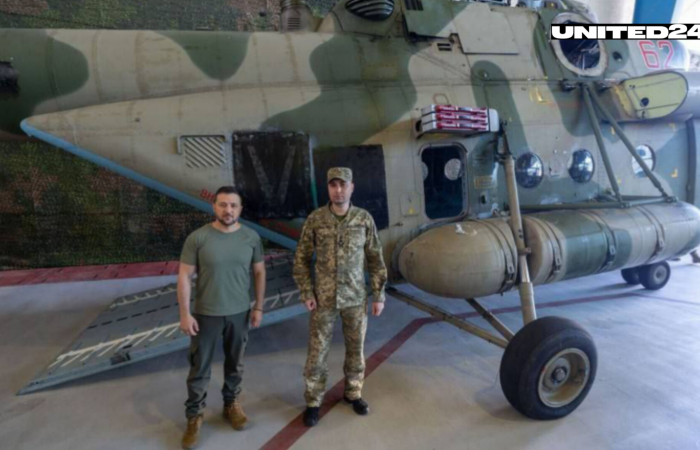Vladimir Putin has said Russia's borders "do not end anywhere" during a live televised awards ceremony for students in Moscow.
On stage, the Russian president asked a nine-year-old boy: "Where does Russia's border end?" The child answered "at the Bering Strait with the United States".
Mr Putin then gave his own answer, adding "it was a joke" to applause and laughter from the audience.
The event was put on by the Russian Geographical Society, which is headed by Defence Minister Sergei Shoigu.The phrase "Russia's borders" became a top trend on Twitter within minutes.
Commonspace.eu political editor said that for people in the countries bordering Russia Putin's choice of words were not a joke at all, but a statement of fact. In countries like Georgia and Ukraine that have seen their borders violated by Russian aggression Putin was not joking when he expressed disdain for borders and the territorial integrity of countries, but was stating the policy that his government had pursued for years.
source; commonspace.eu with agencies
photo: Preisdent Putin with with a young contestant of a TV show hosted by the Russian Georgaphical Society






